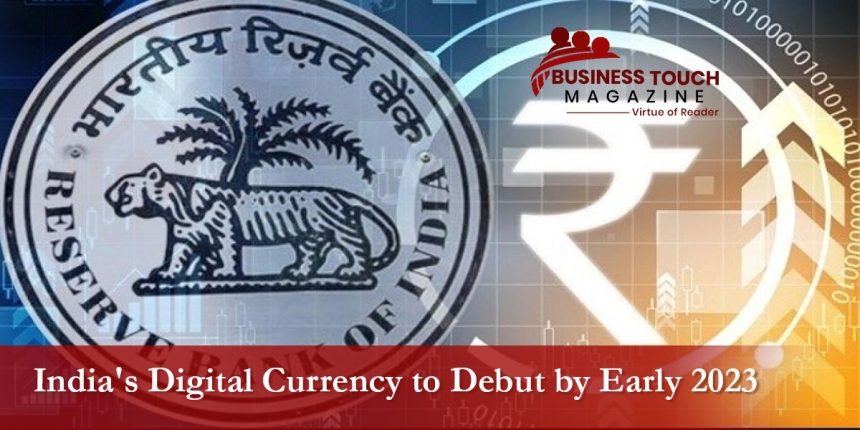Synopsis: The digital money produced by the Reserve Bank of India (RBI) would be designated in numbered units, much like any fiat currency.
By early 2023, India is expected to launch its very own official digital currency, which would resemble any of the presently existing privately owned company e-wallets, but with the difference that it will be sovereign-backed, a senior government source stated. In her budget statement last week, Finance Minister Nirmala Sitharaman mentioned the imminent introduction of a “digital rupee” supported by the central bank.
In the same way that every national currency has its unique serial number, the digital money generated by the RBI would be registered in units, a senior government source who requested anonymity said.
“The virtual Indian rupee will be accepted as the official currency of the country. It would be similar to fiat cash in many ways. In a way, it will be a government-mandated digital wallet, akin to an electronic version of fiat money “the information came from a reliable source.
According to the source, the Reserve Bank of India has said that the virtual rupee will be available by the end of the upcoming financial year.
It will be possible to track all payments using the Reserve Bank’s electronic rupee blockchain, which is being built in contrast to the present mobile wallet supplied by private enterprises.
The insider further said that customers now send money to a private corporation that retains the money on their behalf and pays a retailer when a transaction takes place using an electronic wallet provided by a private corporation.
“There will be no need to have a physical rupee in your hand since the digital rupee will be stored on your phone, and you may transfer it to any retailer.” As per the news from the insider.
A commercial company’s credit risk is also associated with the funds if it is moved to a personal e-wallet and the fees imposed by such firms.
Rather than carrying a wallet, the source also wishes to use mobile wallets.
The digital economy would benefit significantly from the implementation of Central Bank Digital Currency (CBDC), Finance Minister Nirmala Sitharaman stated in the 2022-23 Budget.
“The digital currency will allow more efficient and less expensive methods of managing currencies. Therefore, the Reserve Bank of India plans to begin issuing Digital Rupees in 2022-23 utilizing blockchain and many other technologies, commencing in 2022-23. “It was the minister’s opinion.
Central Bank Digital Currency (CBDC) regulations have yet to be finalized.
A digitized or virtual currency is not the same as the individual virtual currencies or cryptocurrencies that have sprung up in the recent decade. As there is no issuer, private virtual currencies do not reflect any individual’s debt or obligations.
According to the government, private cryptocurrency will never be accepted as legal money. There are concerns that private cryptocurrencies might have a negative impact on national security and financial stability. Hence the RBI has been vehemently opposed to them.




